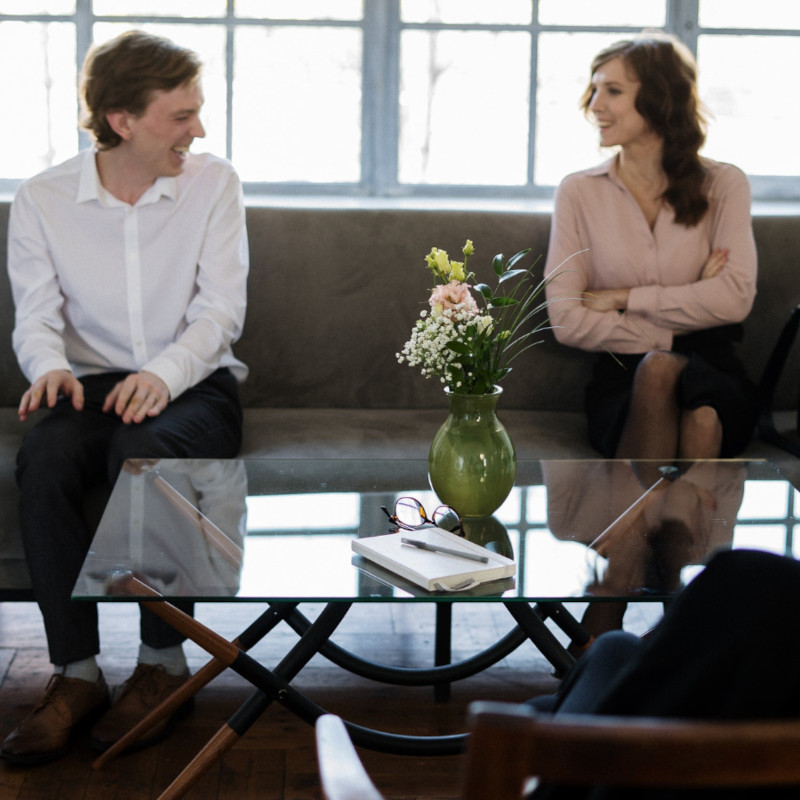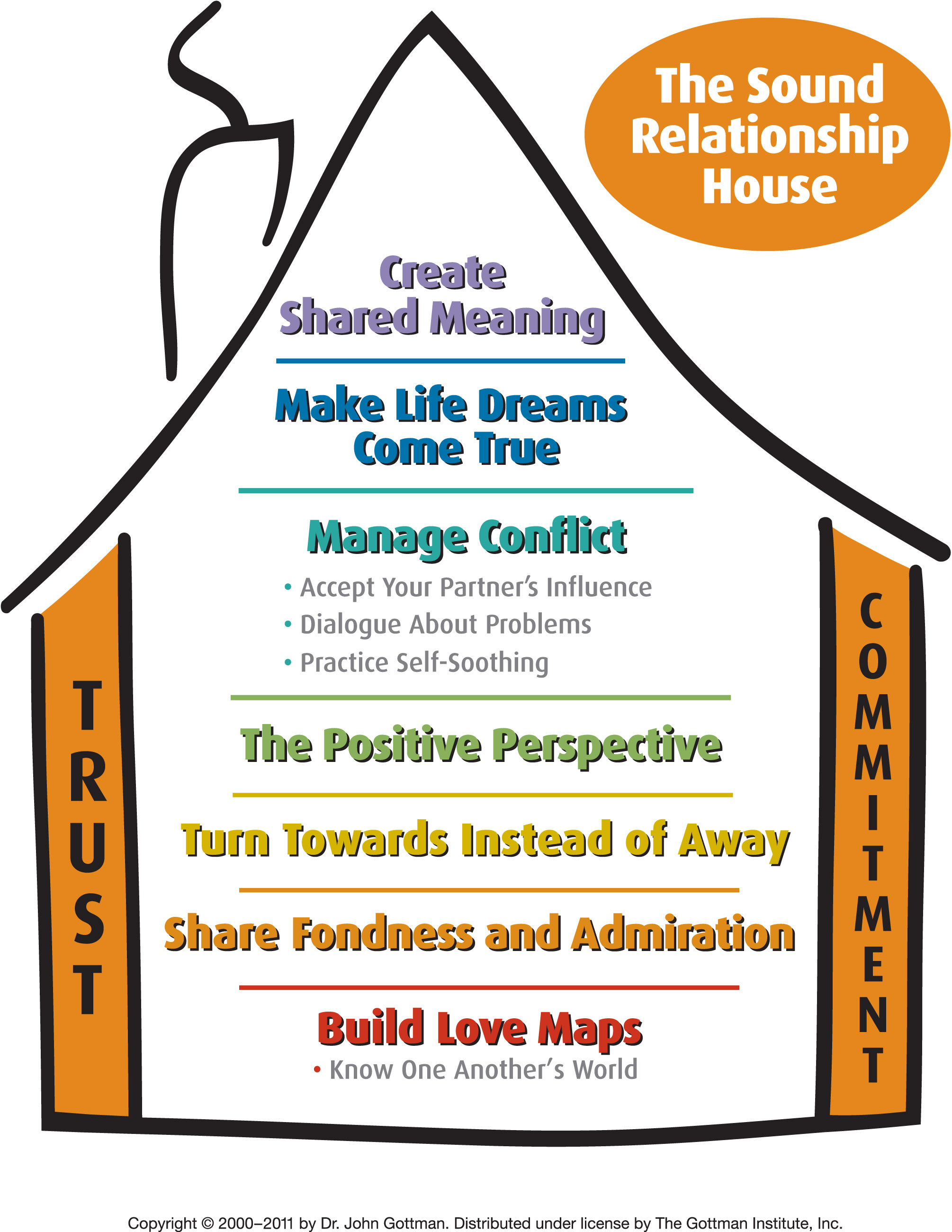
The Marriage Counseling Success Rate: What The Data Shows
by Counseling and Wellness Center of PittsburghJanuary 7, 2024 couples communication, couples counseling, couples therapists, couples therapy, gottman counselor, gottman method counseling, gottman method therapy, marriage counseling, marriage counseling near me, marriage counseling pittsburgh, marriage counseling statistics, marriage counseling success rate0 comments
What Is The Marriage Counseling Success Rate?
In this blog post, we will delve into the intricacies of marriage counseling, addressing common questions about the marriage counseling success rate. Our exploration will shed light on the effectiveness of marriage counseling, especially when conducted by therapists with specialized training, such as our dedicated...Learn More
Top 5 Rituals to Create Connection in Your Relationship
by Counseling and Wellness Center of PittsburghSeptember 16, 2021 healthy relationships, marriage, marriage counseling, marriage counseling near me, marriage counseling pittsburgh, marriage counseling south hills, marriage counseling wexford, meaning of rituals0 comments
Creating a love that lasts takes time and commitment. One of the keys to this kind of love is intentionality. Intentionality is acting in a deliberate manner that shows your partner that you love them. It might look like cooking a nice meal for your partner, or getting them a special coffee, or maybe another gift like flowers. Being intentional is a necessity to maintain romance and foster a...Learn More
5 Tips for How to Deal with a Jealous Partner
by Counseling and Wellness Center of PittsburghSeptember 13, 2021 borderline personality disorder, couples communication, couples counseling, couples therapy, dating, jealously, jealousy, marriage counseling, marriage counseling near me0 comments
Jealousy is an important and useful emotion. It can indicate that something is amiss in our relationship. It can help us act in a way that brings greater closeness and security to our connections when we respond to the signals of this emotion in a supportive and relationship-supporting way.
Yet jealousy can also reign down on our relationship, it can pull apart the integrity of a connection...Learn More
Making Love Last Through Rituals of Connection
by Counseling and Wellness Center of PittsburghMarch 3, 2021 healthy relationships, marriage, marriage counseling, marriage counseling near me, marriage counseling pittsburgh, marriage counseling south hills, marriage counseling wexford, meaning of rituals0 comments
Creating a love that lasts takes time and commitment. One of the keys to this kind of love is intentionality. Intentionality is acting in a deliberate manner that shows your partner that you love them. It might look like cooking a nice meal for your partner, or getting them a special coffee, or maybe another gift like flowers. Being intentional is a necessity to maintain romance and foster a...Learn More
The Top 7 Reasons to Seek Marriage Counseling
by Counseling and Wellness Center of PittsburghFebruary 12, 2021 healthy relationships, marriage counseling, marriage counseling monroeville, marriage counseling near me, marriage counseling pittsburgh, marriage counseling south hills, marriage counseling wexford0 comments
Many predict that divorce will be at an all-time high during the time of COVID-19 quarantine.
One relationship therapist emailed a survey to over 700 clients and found that thirty-one percent of respondents claimed the quarantine had hurt their relationship. With record amounts of time spent together in close quarters, it may feel like there’s no escape for a married couple, especially with...Learn More
Gottman Method Marriage Counseling
by Counseling and Wellness Center of PittsburghMarch 19, 2019 gottman counselor, gottman marriage counseling, gottman method counseling, marriage counseling near me, sound relationship house0 comments
Gottman Method Marriage Counseling
Gottman Method Couples counseling is a form of therapy created by Drs John and Judy Gottman, which aims to support a positive and constructive relationship between two married or dating partners. Gottman method counseling is grounded in research and is proven to be one of the most effective ways to help couples enhance their relationship. The theory...Learn More
